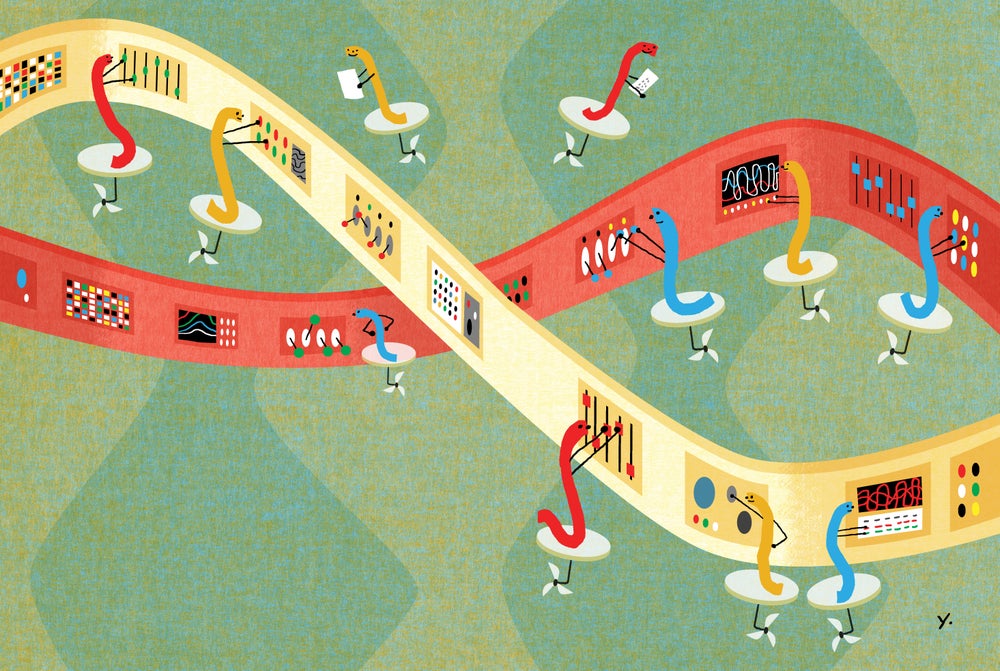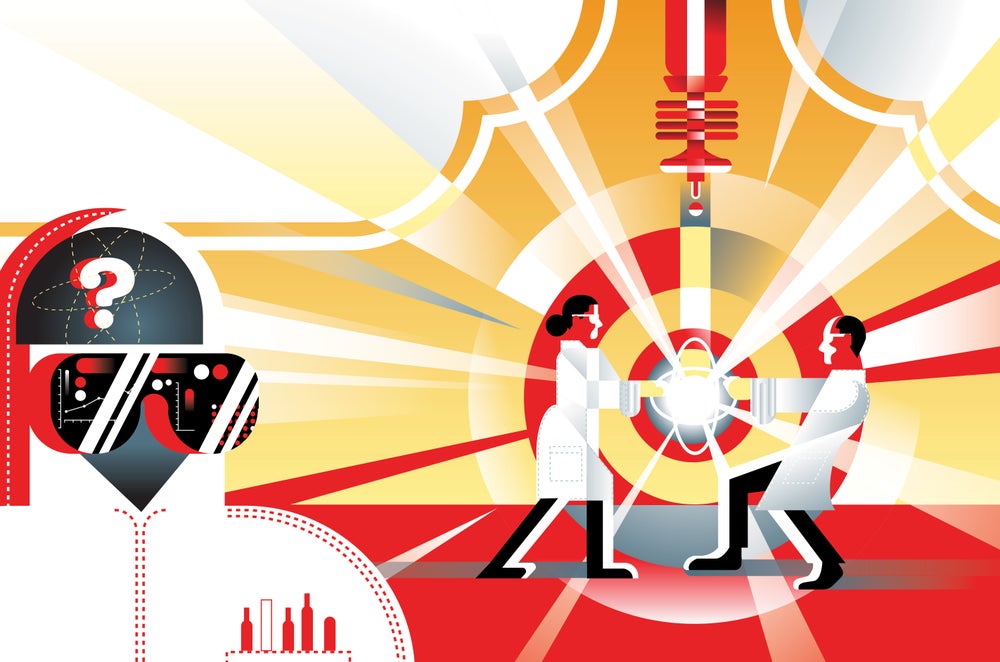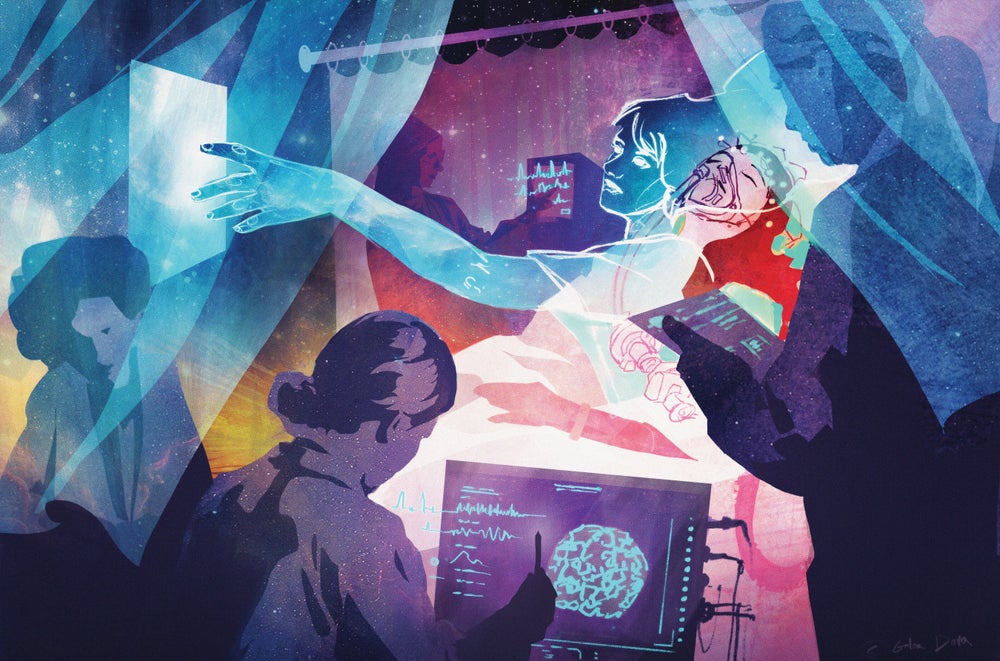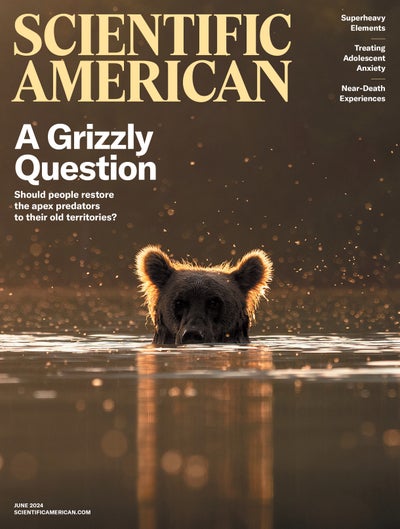| | | Dear Friend of Scientific American,
I'm thrilled to share with you our June issue is now available. Take advantage of our $1 for 90 days digital access offer to enjoy the entire issue. I feel sorry for textbook writers sometimes. Just when they finish their chapters and lesson plans and bullet points, scientists discover something new that shreds the hardbound story. I am delighted to share that everything you may have been taught about the relationship between DNA, RNA and proteins is not exactly wrong, but massively incomplete. We're in the midst of an RNA revolution. Twice as many RNA molecules do things other than build proteins—they control the activity of genes, determine whether proteins are made, prevent cancer and more, and new RNAs are being discovered almost daily.
Grizzly bears are coming back to Washington state. People have strong reactions to reintroducing a top predator, but the research is fascinating and so are the bears. I hope you enjoy the beautiful photos in this June issue cover story. Chemistry gets very strange at the far end of the periodic table. Elements from atomic number 104 (rutherfordium) to 118 (oganesson) don't exist in nature, as far as we know, and they bump up against the laws of physics. Creating and studying these elements is another branch of science where textbook authors must sigh and shake their heads a lot.
Chemistry gets very strange at the far end of the periodic table. Elements from atomic number 104 (rutherfordium) to 118 (oganesson) don't exist in nature, as far as we know, and they bump up against the laws of physics. Creating and studying these elements is another branch of science where textbook authors must sigh and shake their heads a lot. Near-death experiences are surprisingly common, enough so that researchers are studying them to understand altered states of consciousness.
Our editorial in the June issue calls for more protection for children who are homeschooled. Most states have little or no oversight of kids who are pulled out of the public school system, and homeschooling can cover up abuse and neglect. It's a tragedy when adults use the guise of education to control kids' minds – there is so much to learn in the world. We relaunched our Science Quickly podcast this month with a new host and format. Please take a listen and let us know what you think. Thanks for your support of Scientific American, and we all hope you enjoy the June issue.
Laura Helmuth
Editor-in-Chief
Scientific American | | | | | | | | | June Issue Highlights | | | | | | | | | | | | | | | | |
| | | | | | | $1 for 90 Days | | Get digital access to the latest research, ideas and knowledge in science. | | | | | | | | | |  | |
To view this email as a web page, go here.
You received this email because you opted-in to receive email from Scientific American.
To ensure delivery please add chiefeditor@scientificamerican.com to your address book.
Unsubscribe Email Preferences Privacy Policy Contact Us







Comments
Post a Comment